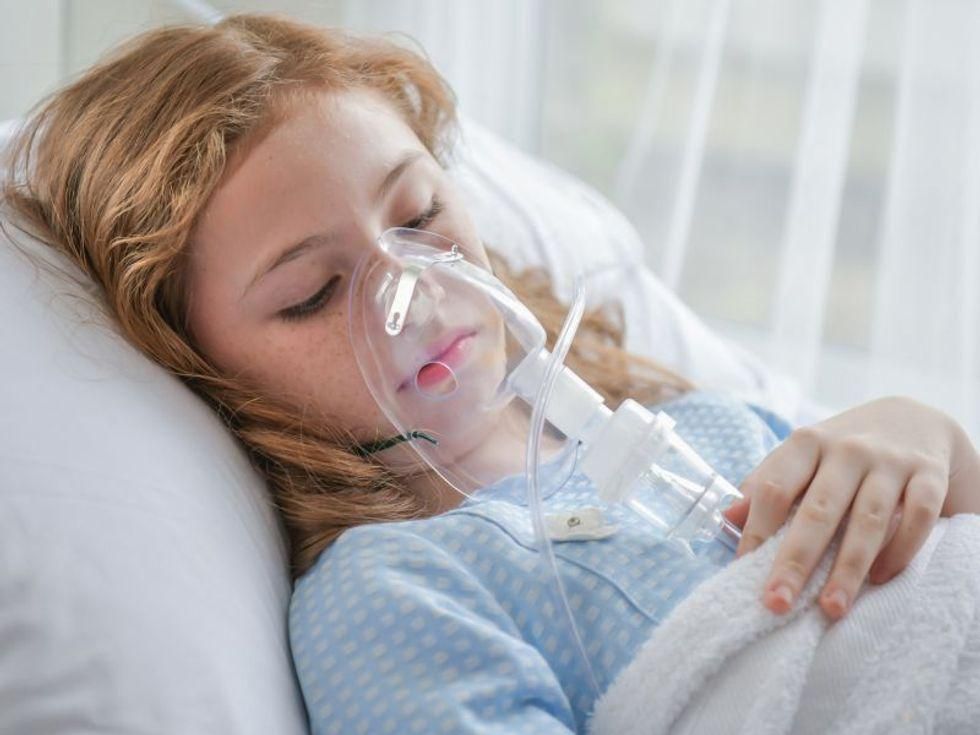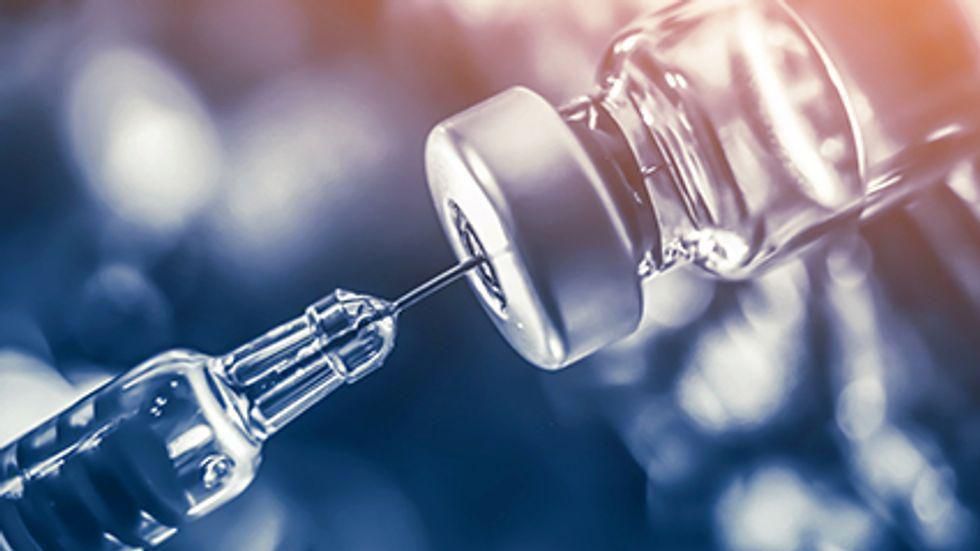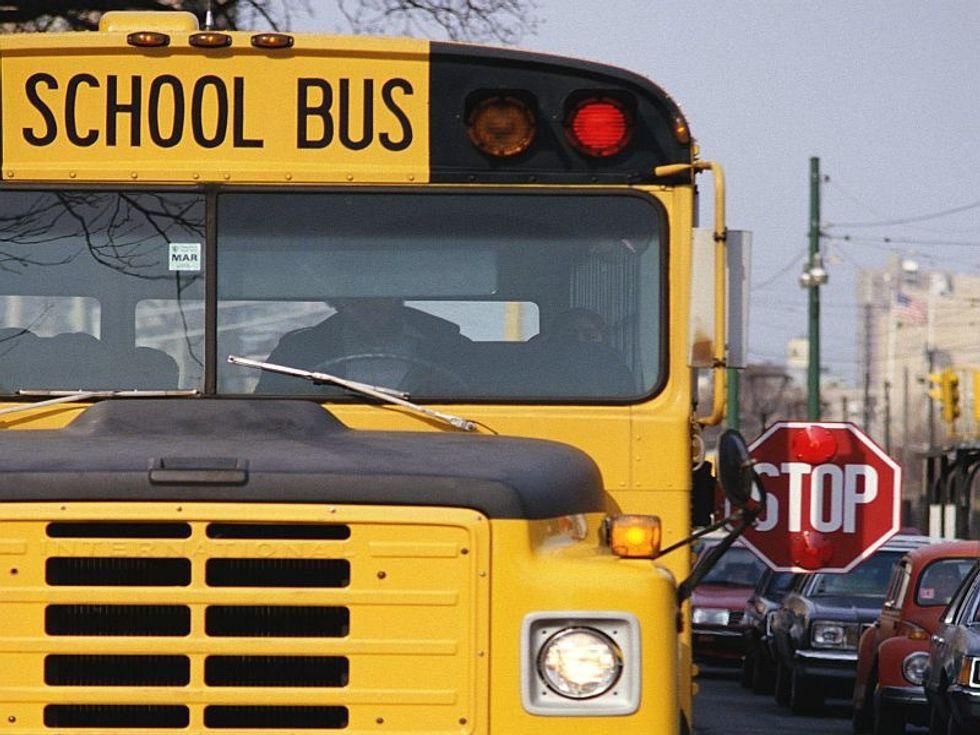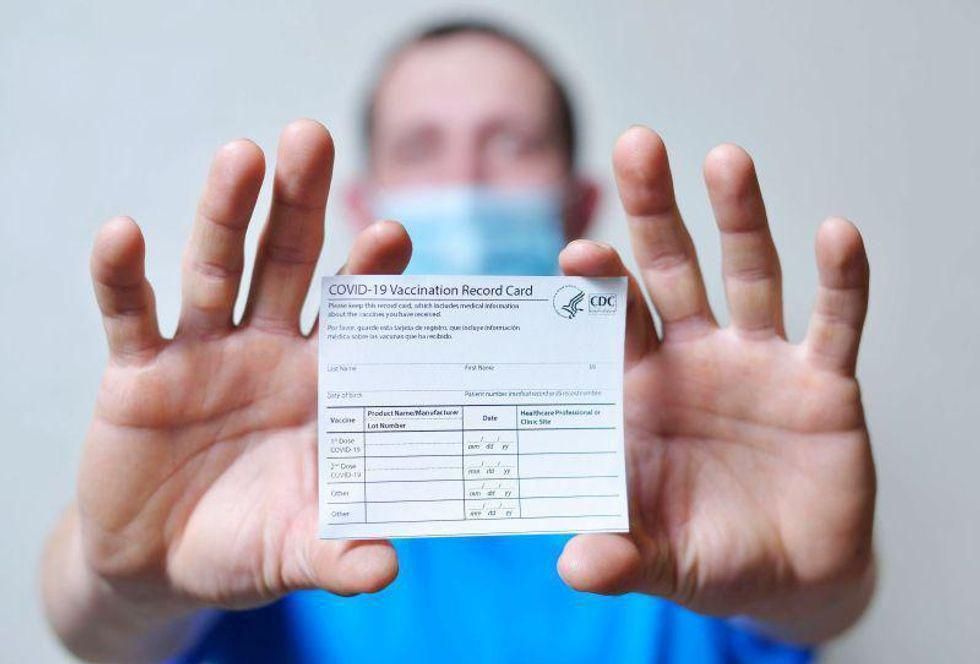
Gangrene. Throat cancer. A newborn on a feeding tube. Gruesome warning images like those on cigarette packs do indeed scare smokers, but they should be combined with other anti-smoking measures, a new study finds. These kinds of graphic warning labels were approved by U.S. lawmakers in 2009, but implementation has been stalled until legal challenges… read on > read on >






























